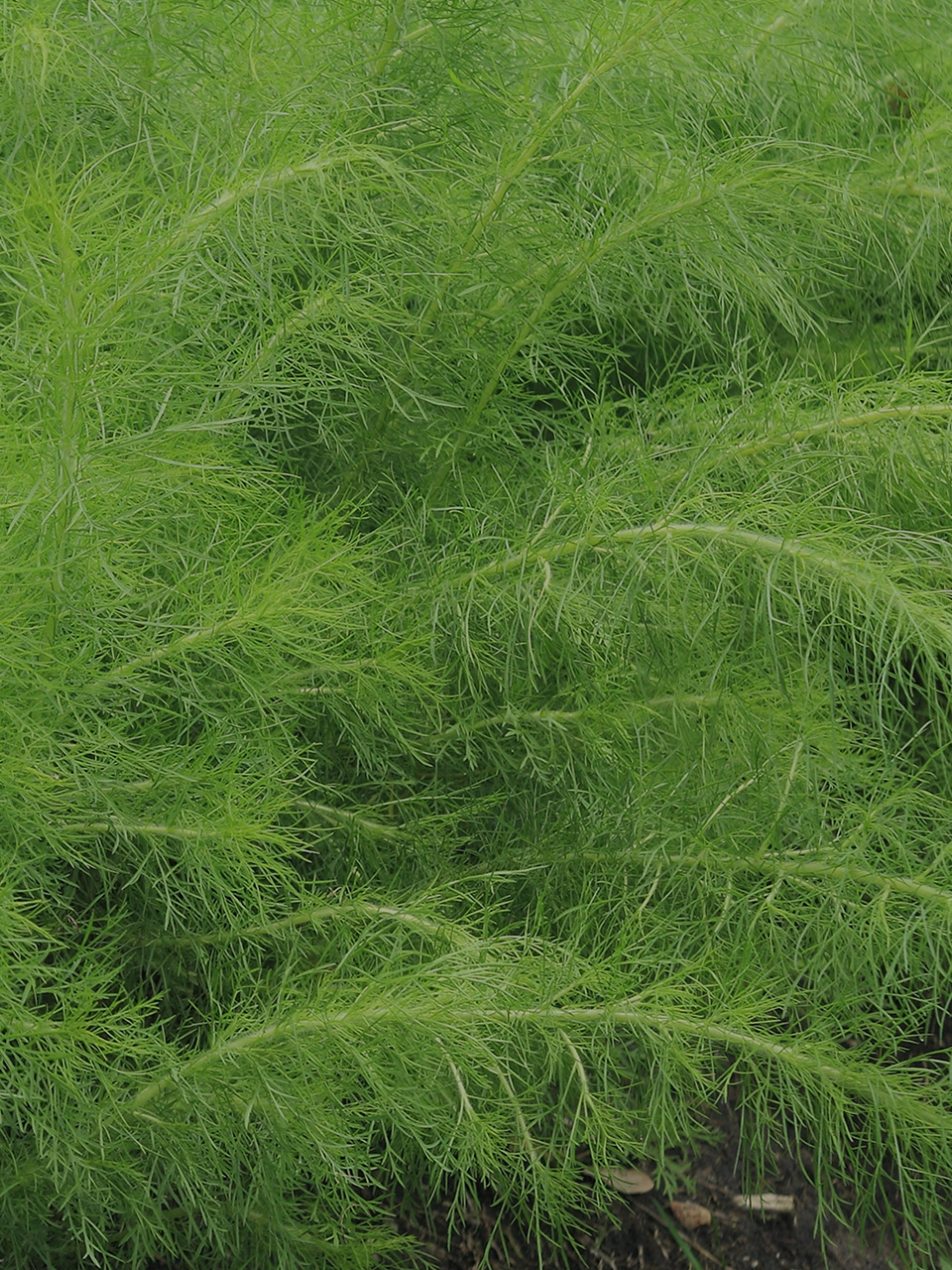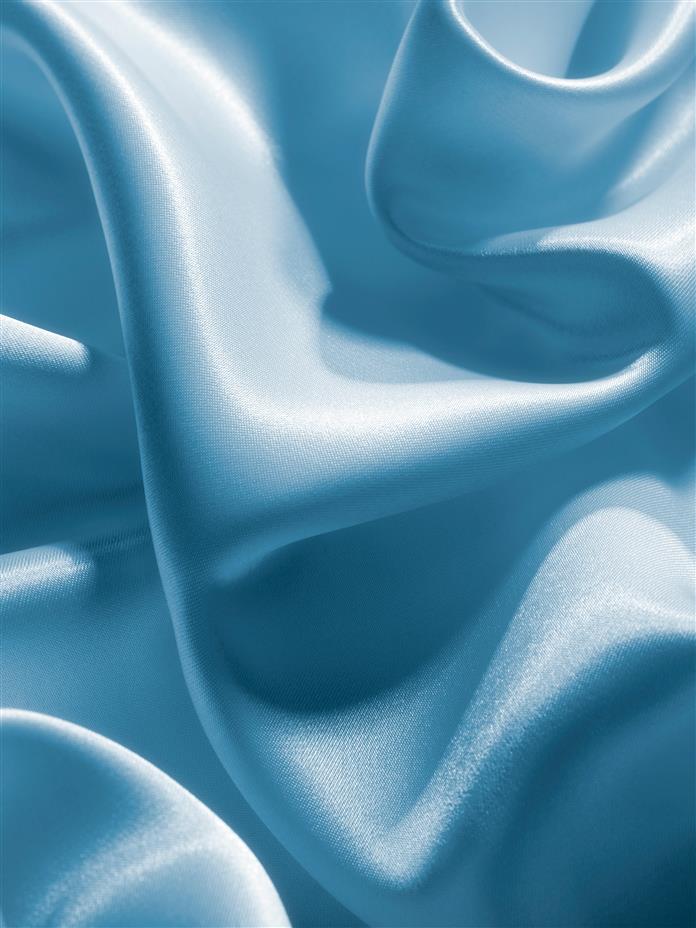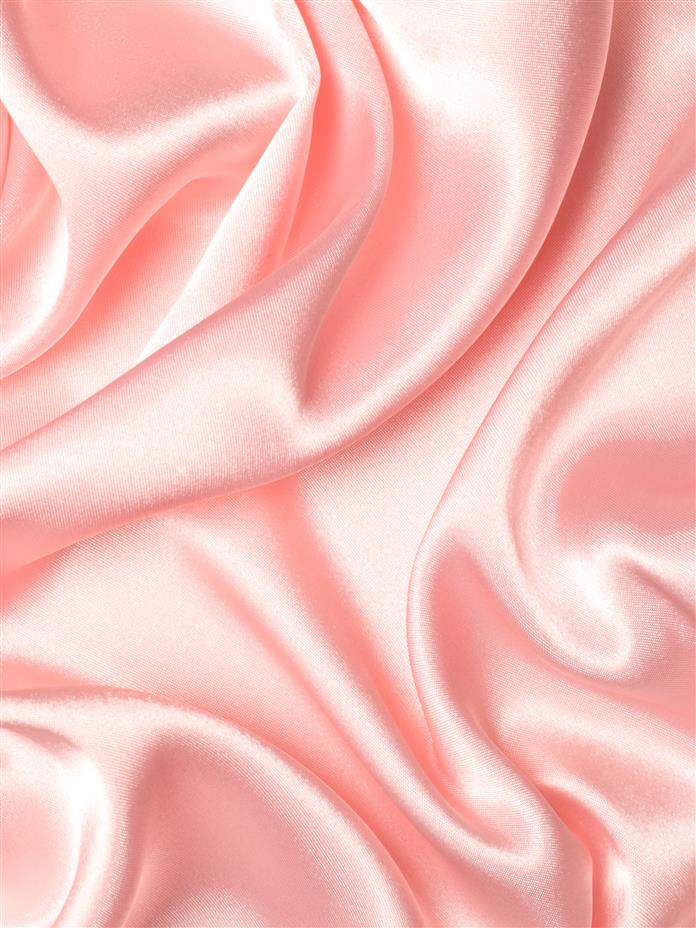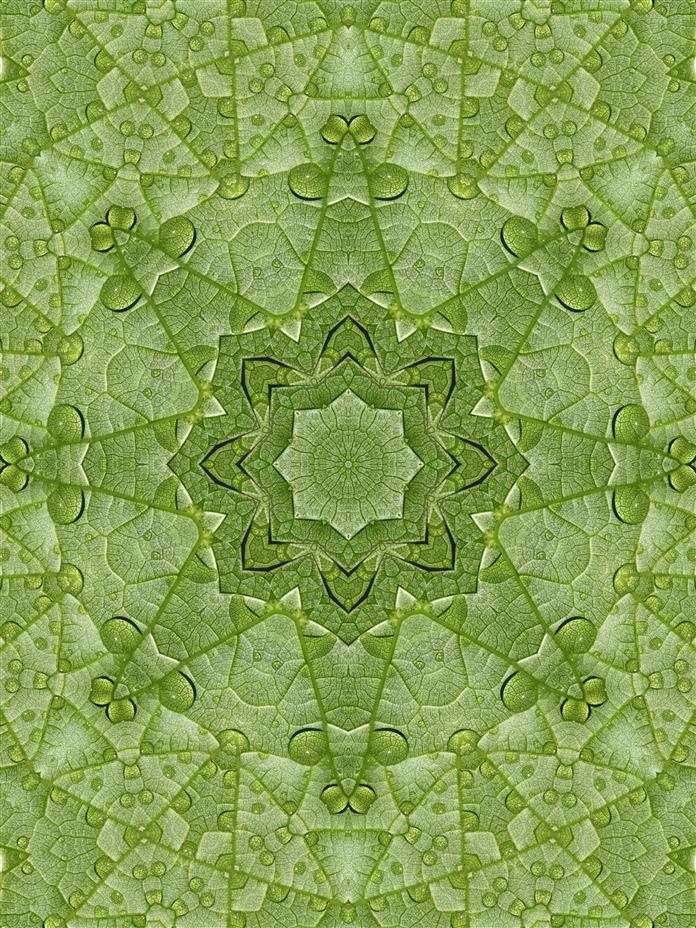
Tap to Read ➤
Shatavari Side Effects
Sonia Nair


Even though, shatavari is claimed to be a safe herb with numerous health benefits, it may sometimes cause certain side effects. Read on...

Shatavari is a herb that is native to India, Africa, Australia and some parts of China. This plant which is otherwise known as Indian asparagus (Asparagus racemosus) is one among the important herbs used in the traditional Indian medical system. Shatavari plant is a climber with woody stems and leaves that resemble pine needles.

It has tuberous roots, which are the most vital parts of the plant, as far as its therapeutic properties are concerned. However, the leaves and flowers are sometimes used for this purpose.

More About Shatavari
Shatavari is popular for its rejuvenating properties and its use in treating various conditions relating to the female reproductive system. In fact, the Sanskrit meaning for the name shatavari is hundred roots ('shata' means hundred and 'vari' stands for roots). This meaning is also interpreted as "she who possesses a hundred husbands". This refers to the effect of this herb in improving fertility and vitality in females.

It is one of the main herbs used in Ayurveda, for boosting the reproductive health in females. In India, this herb has been used for a very long time and is claimed to be effective in treating various ailments. shatavari is mainly used to maintain hormonal balance in females, so as to treat or prevent conditions like polycystic ovary syndrome (PCOS). It is also used for alleviating premenstrual syndrome and menopausal symptoms.

According to its exponents, shatavari is useful for enhancing fertility, as it can treat irregularities in ovulation and menstruation. Even inflammation of the reproductive organs during menstruation is said to be reduced with shatavari use. This herb is said to be beneficial for boosting sexual desire in women.

It is claimed that use of shatavari is good for increasing production of breast milk in nursing mothers. Some people use it for preventing miscarriage and premature birth. It is also used for treating various gastrointestinal problems, healing wounds and cough. Even though, it is claimed to be a safe herb, the possibility of shatavari side effects cannot be ruled out completely.

Side Effects

As mentioned above, shatavari is one of the age-old remedies for various health problems, especially, those relating to women. While it is said to be effective in most of its users, there is no scientific backing to prove the efficacy of shatavari. Though, it is normally found to be safe in humans, there are possibilities of shatavari side effects.

- Though adverse effects of shatavari are rare, allergic reactions are the most common one among the reported cases. Such reactions are generally seen in people, who are allergic to asparagus.
- Use of this herb during pregnancy and breastfeeding is still a disputed subject. So it is not recommended for such women. If you are taking diuretics or lithium medication, then, avoid shatavari.

- Even people with kidney disorders and edema must avoid use of this herb. Those with heart diseases and lung congestion should not use shatavari.
- Some may experience anxiety, dizziness and fatigue, as they use shatavari. Even stomach ache and flatulence have been reported as side effects of this herb.

- Regular use of this herb may cause weight gain in some people. Breast tenderness and premenstrual stress are also among the possible side effects.
- It has also been suggested that shatavari should be avoided by women having massive fibrocystic breasts and estrogen induced disorders.

As in case of any other herbal medicine, you should approach a qualified herbal practitioner for the right treatment with shatavari. Stick to the prescribed dosage and in case of accidental overdosing, seek medical attention. If you experience any discomfort, due to intake of shatavari, discontinue its use. It will be advisable to seek the opinion of your physician before starting this herbal treatment.

Disclaimer: This story is for informational purposes only and should not be used as a replacement for expert medical advice.